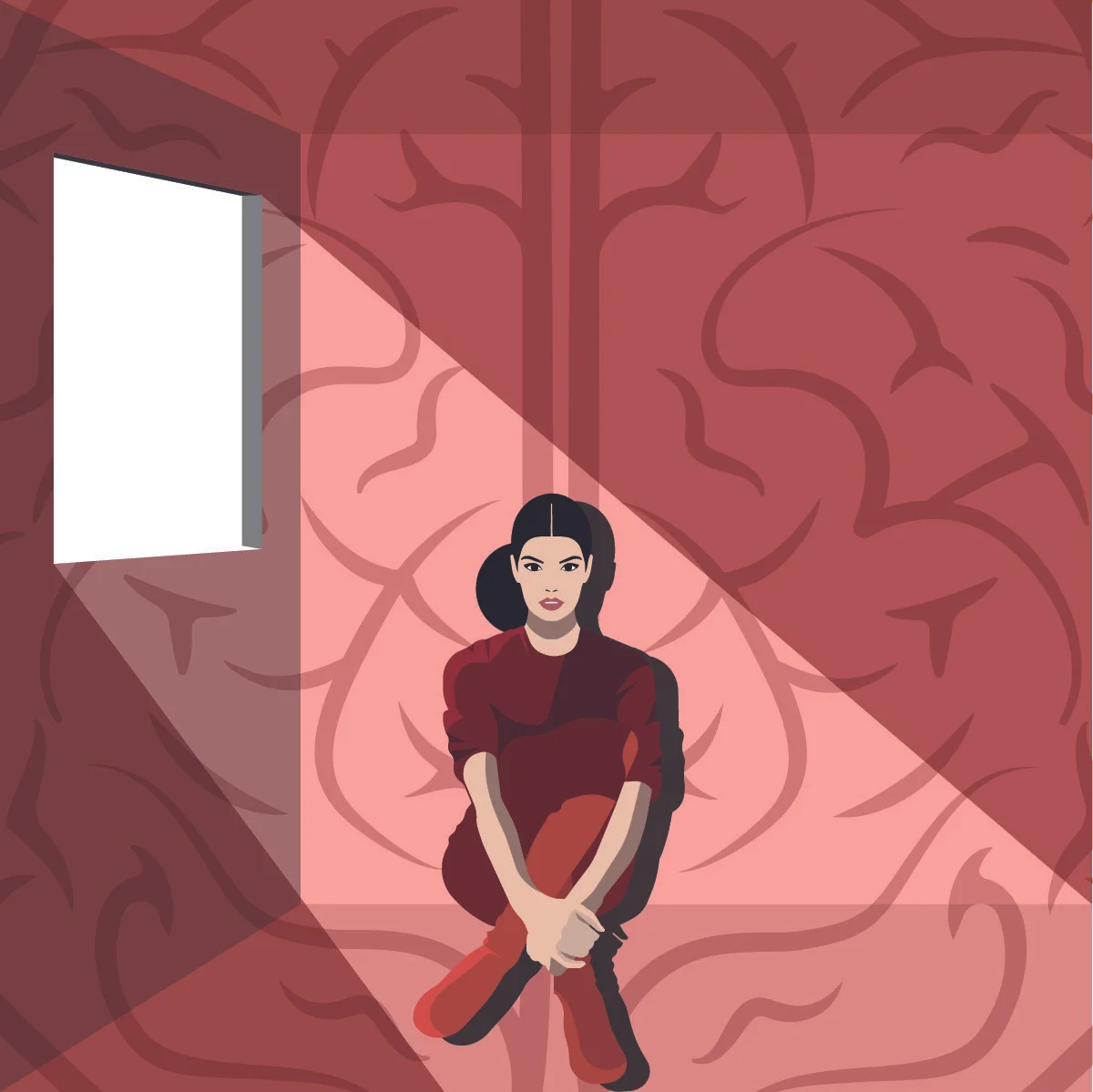DataCloud, 26 April 2023
On a sunny Wednesday afternoon with a view of the Mediterranean Sea, more than 60 women in the data center and cloud infrastructure industry gathered at the Monte Carlo Bay Hotel in Monaco for the Women’s Tech Forum.
After networking and getting to know each other, WTF members sat down to hear from what some described as, “the best panel of the entire week.” After a brief introduction from one of the four co-founding members, Suzie Gleeson, it was turned over to moderator Sue Jones, the lead of the WTF EMEA Chapter.
On stage, Sue Jones was joined by three accomplished women leaders in cloud and digital infrastructure; Val Walsh, VP Global Leasing & Land Development at Microsoft; Jen Weitzel, President of Global Data Center Business at GLP; and Sue Asprey Price, CEO EMEA at Work Dynamics, a division of JLL.
All three, accomplished women with unique backgrounds, met as colleagues at Digital Realty in the 2000s. While their careers have grown and expanded, they’ve remained close friends and supporters of each other. It was an honor to have these three leaders share their career experience. Being in the room, you could really sense and witness the amazing chemistry these women have shared over the years.
The thoughtful discussion was not without laughter as they covered a diverse range of topics from the value of career sponsorship, mitigating imposter syndrome, learning from the data and advancing in a fast-moving industry. A few of the highlights from the discussion have been captured below.
On Sponsorship:
“A sponsor is different from a mentor. Sponsors actively help you find opportunities to progress your career – creates space for your work to be seen or space for you to be heard and recognized. Mentors help you improve at your job and may recommend skills to pursue for instance.”
“Find your personal board of directors, a community of people in your life with diverse work and life experiences that you can turn to, to guide you through career challenges. And who you can support too.”
“Sponsorship is not necessarily mentorship, it is somebody in the room saying, ‘I can tell you want to say something’ and creating the space for that person.”
On mitigating imposter syndrome and stepping into leadership roles:
The main takeaway was agreed upon by the speakers, “Women, our time has come for leadership.”
“Luck is the residue of very hard work. You create luck for yourself.”
“If you’re lacking confidence, it’s very handy to have another woman in the room. You can take great comfort out of that, and you don’t even have to necessarily speak to them.”
“Feel comfortable with discomfort because that means you’re actually pushing yourself, accelerating your growth, and reaching for new positions.”
“There are a million people that want to be a CEO and there are a million people that do not, and either is right. Whatever works for you is what is right.”
On Staying Current and Moving Forward:
In response to a question from the audience on how to stay current: “Being in the doing seat is the best way to stay current. You’re experiencing the next round of innovation as it’s unfurling.”
“There was a time I thought the only way to move forward was to attend every single event, believing that you can fit everything in, but that’s just not true.”
"It is really important that you don’t let the stories you tell yourself about the environment in which we operate set limits on you. Only YOU set limits on what you can achieve.” There was a call to the women in the room to identify their moonshot and chase it.
“Have a career plan. It’s a plan you need to stick to, and it can evolve and change, but don’t let anyone set your limits for you. Don’t let someone tell you that you don’t have the right background or education. You can do it. But have a plan.”
Finally, Suzie took a moment to share a touching reminder from original WTF founding member Brynn Fowler, who passed away in 2019, “The grass is brown everywhere. It’s up to you to make it green.”
The discussion was thoughtful, inspirational, humorous, and heartfelt.
Following the panel discussion, the meeting opened up into a networking social hour, with invited male industry allies joining the group.
For further collaboration and wisdom from women in our field, join us at our next event at ITW in Maryland on May 14th.
A sincere thank you to our sponsors who made the evening possible:
Aligned Data Centers
Digital Realty
Microsoft
Rogers
Meta
Schneider Electric
Equinix
Stream
euNetworks
About Women’s Tech Forum (WTF):
The Women's Tech Forum (WTF) is a nonprofit that aims to empower and inspire women with the power of connection, collaboration and relationship-building within the data center and cloud & network infrastructure industry.
We aim to create an environment where women of all experience levels can feel supported. Our goal is to provide an opportunity to collaborate, mentor and seek input from those we would not have had an opportunity to meet otherwise.




















